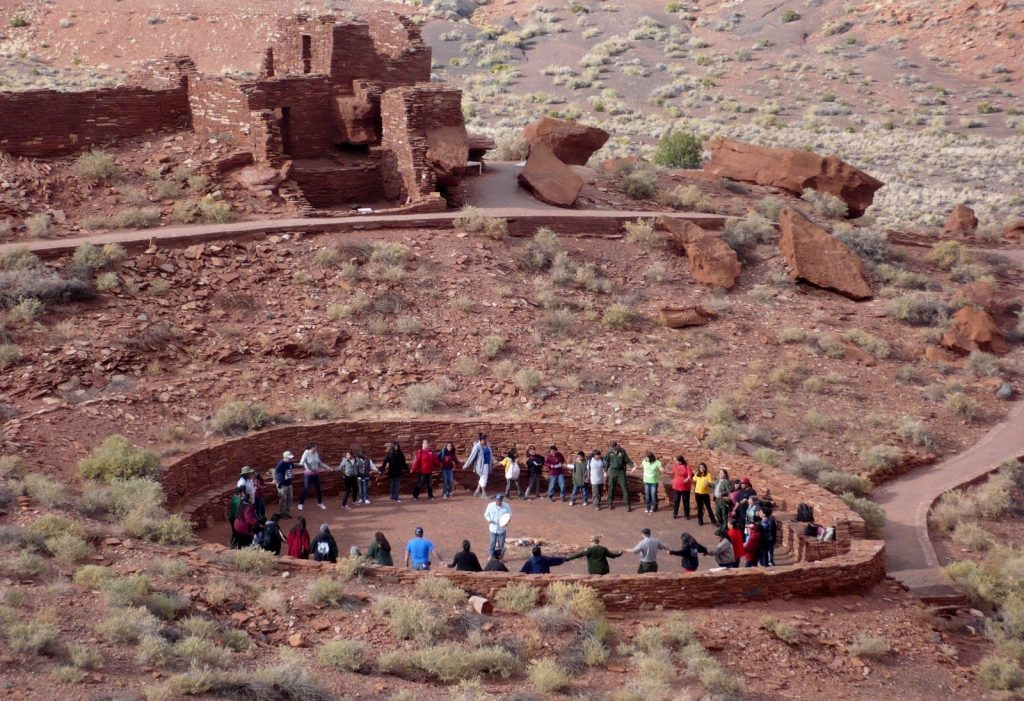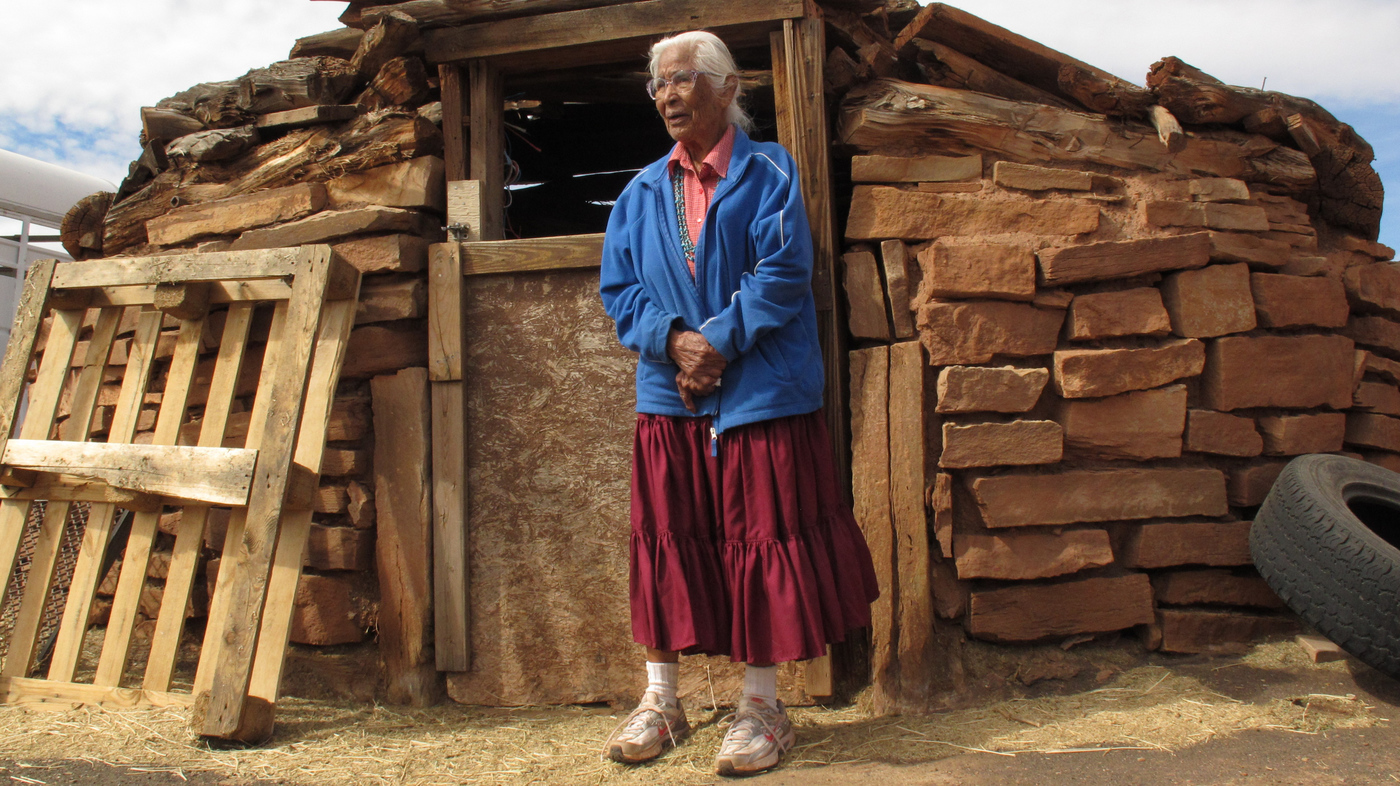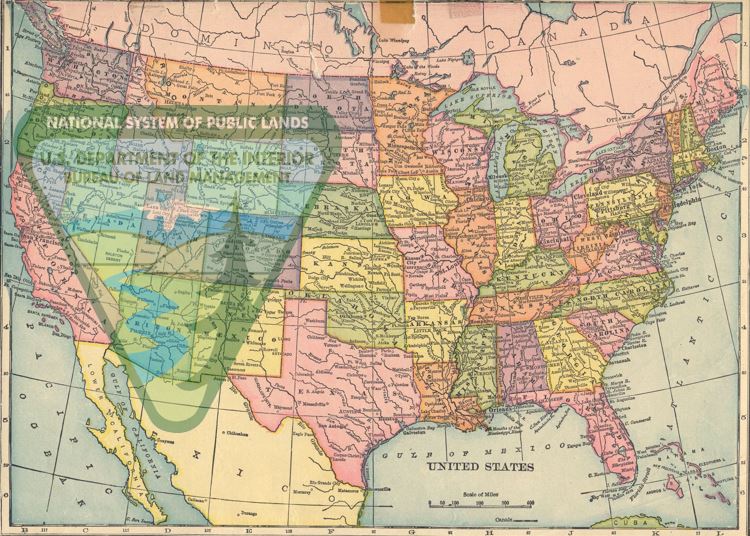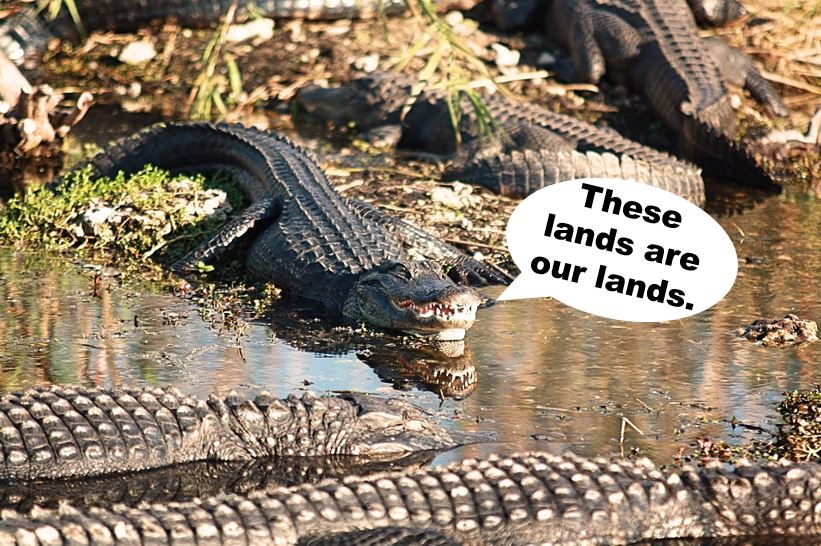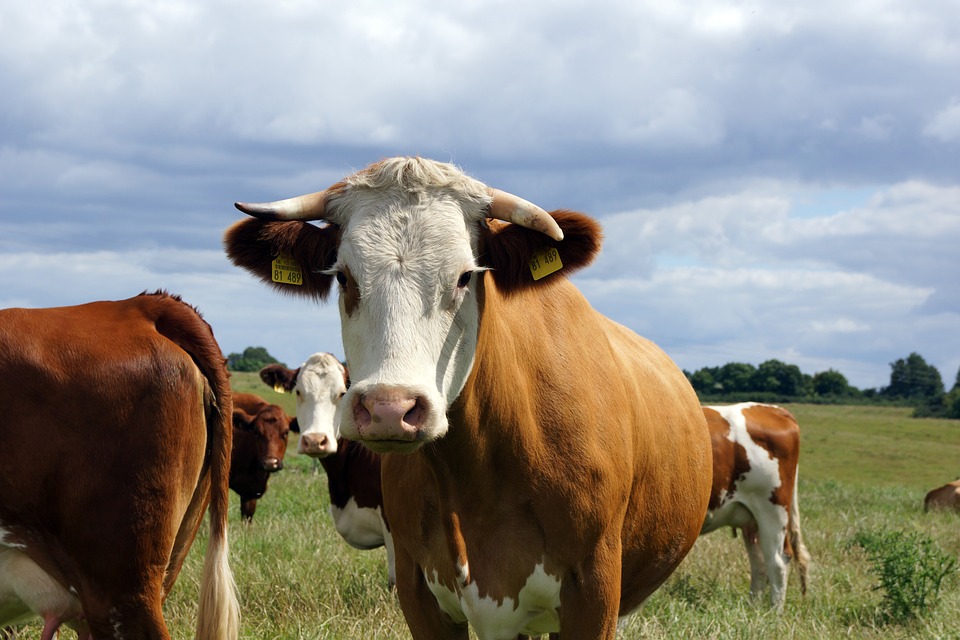“Stella is Navajo. Her father and many other Navajos have resided in this area after they returned from Bosque Redondo, a time we call Hweeldi (The Suffering) but better known as The Long Walk. Once the national monument was designated, the park service restricted a lot of things the Navajos could do in this area. Making it near impossible to continue their way of life. Raising sheep has always been a way of life for our Navajo people. The people in Wupatki were restricted and they slowly started moving off the national monument because of this.”
Op-ed by Genevieve Mitchell
Navajo people have already been restricted enough
I am Navajo, born on the Navajo Nation. My parents and ancestors are from the reservation. My mother’s families are from the Ganado and Window Rock area in Arizona. My father’s families are from the Shiprock and Aneth area of New Mexico and Utah. My late paternal grandfather, John Mitchell Sr., is from Aneth, Utah. He was a medicine man practicing many of our traditional ways and was very respected in the community.
I was disappointed when environmental organization pushed to have the Feds designate the Bears Ears area as a national monument. These groups have claimed they are assisting a grassroots group of Native Americans to push for the designation.
While researching I couldn’t help but think of one person: Stella Peshlakai Smith. I read about Stella a few years ago. Her story was heartbreaking. She was born in an area that was designated Wupatki National Monument in 1924. Stella is Navajo. Her father and many other Navajos have resided in this area after they returned from Bosque Redondo, a time we call Hweeldi (The Suffering) but better known as The Long Walk. Once the national monument was designated, the park service restricted a lot of things the Navajos could do in this area. Making it near impossible to continue their way of life. Raising sheep has always been a way of life for our Navajo people. The people in Wupatki were restricted and they slowly started moving off the national monument because of this. Stella stayed. She continued her way of life, only to find that her children and grandchildren are exempt from calling this area home due to the designation. Her “permit” to continue to live here did not apply to her children and grandchildren. Once Stella passes into the spirit world, so does her permit. Therefore, no one will ever call this place, with so much culture and ancestry, home.
Horrible.
Knowing this fact, I have the stance and spirit to say that I am against the Bears Ears National Monument. My Dine’ brothers and sisters, friends and family in this area will be affected. The people who are wanting the designation argue that there are ancient sites in these areas that need to be protected. What they fail to cite is the list of multiple federal laws that have been established to ensure the protection of these sites and the way of a national monument was unnecessary.
One can simply read The Antiquities Act to make this determination. Though I understand there is a difference between Wupatki and Bear Ears, the restrictions will still be the same for people who live and sustain a way of life with the land. It is stated in the proposals that the Native Americans will have access to the area. My question is, what will the future generations of my people have access to? There is no guarantee that our future children will be able to access the land. We know there is no absolute guarantee, but our history is proof of what could and would happen.
[wp_ad_camp_3]
Our Navajo history, our teachings, our upbringing and our beliefs come from many different places, but it is emphasized in many to care for and respect the land. Without access, how can we continue to teach this? Where will our future generations go to collect the resources they need for their prayers? Our Navajo people are already struggling. My Navajo people have already been restricted enough to land that they have ties to.
I, as a member of the Navajo Nation, with ancestors tied to different regions to Dinetah, the “Navajo Land,” am opposed to the Bears Ears National Monument.
Genevieve Mitchell is a member of the Navajo Nation.
